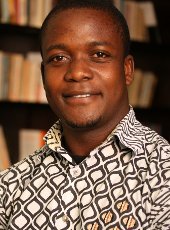 Edzordzi Agbozo (RTC PhD candidate), co-authored a paper titled “Teacher Trainee Sociolinguistic Backgrounds and Attitudes to Language-in-education Policy in Ghana: A Preliminary Survey,” which appeared in Current Issues In Language Planning.
Edzordzi Agbozo (RTC PhD candidate), co-authored a paper titled “Teacher Trainee Sociolinguistic Backgrounds and Attitudes to Language-in-education Policy in Ghana: A Preliminary Survey,” which appeared in Current Issues In Language Planning.
Van Kooy will also contribute to the library’s public lecture program, and reach out to several universities in Scotland to facilitate conversations about her research.

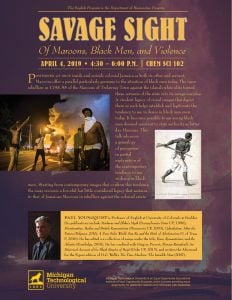


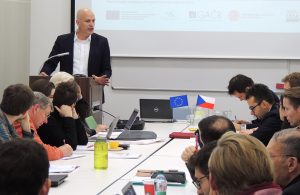

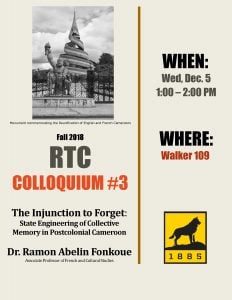
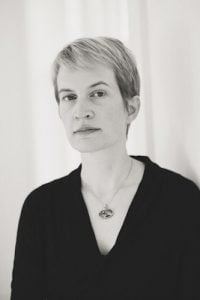
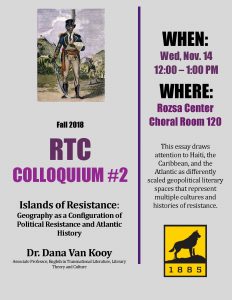 Please join the Department of Humanities for a Rhetoric, Theory and Culture Colloquium on Wednesday, November 14 titled “Islands of Resistance.”
Please join the Department of Humanities for a Rhetoric, Theory and Culture Colloquium on Wednesday, November 14 titled “Islands of Resistance.”